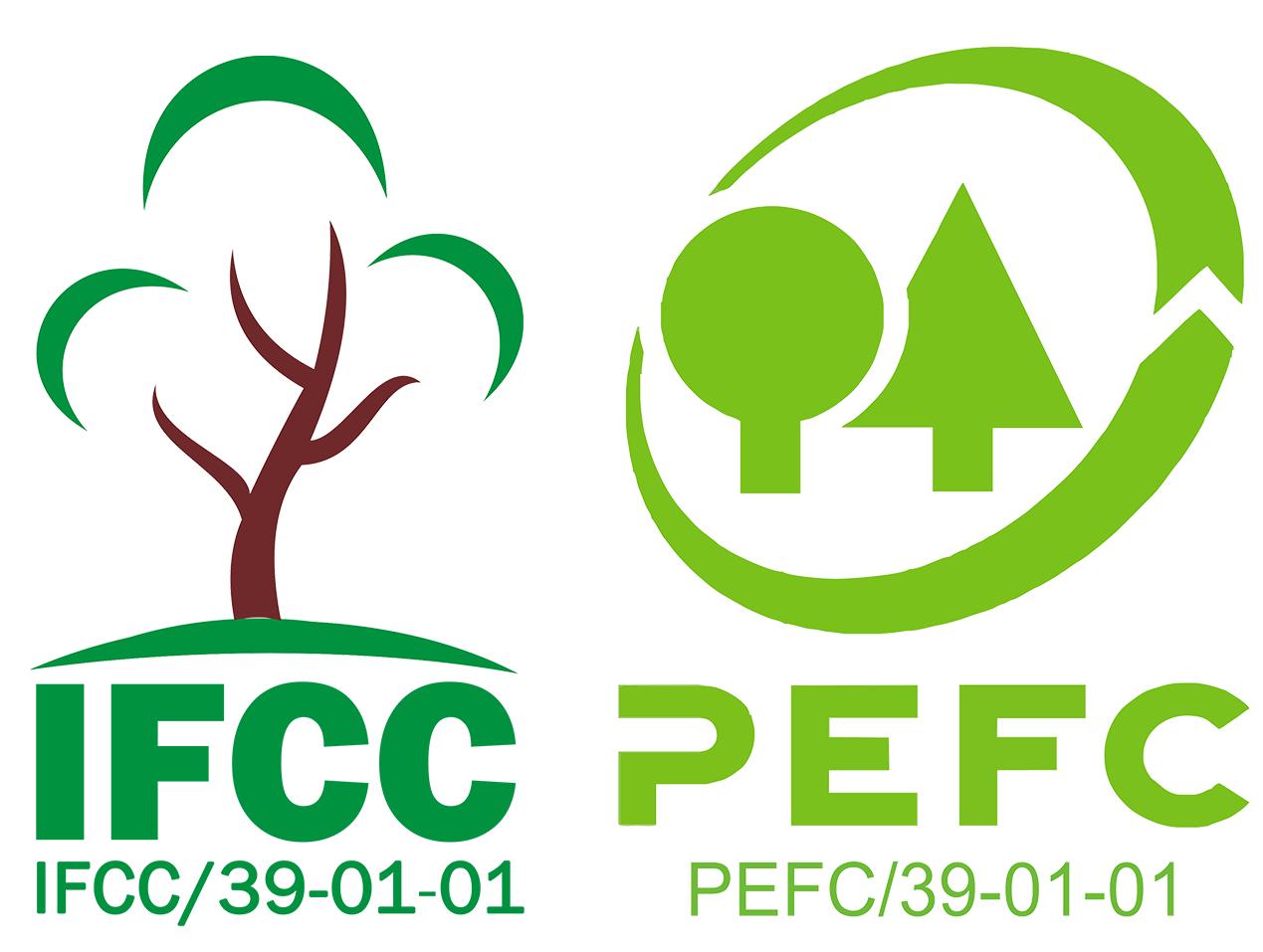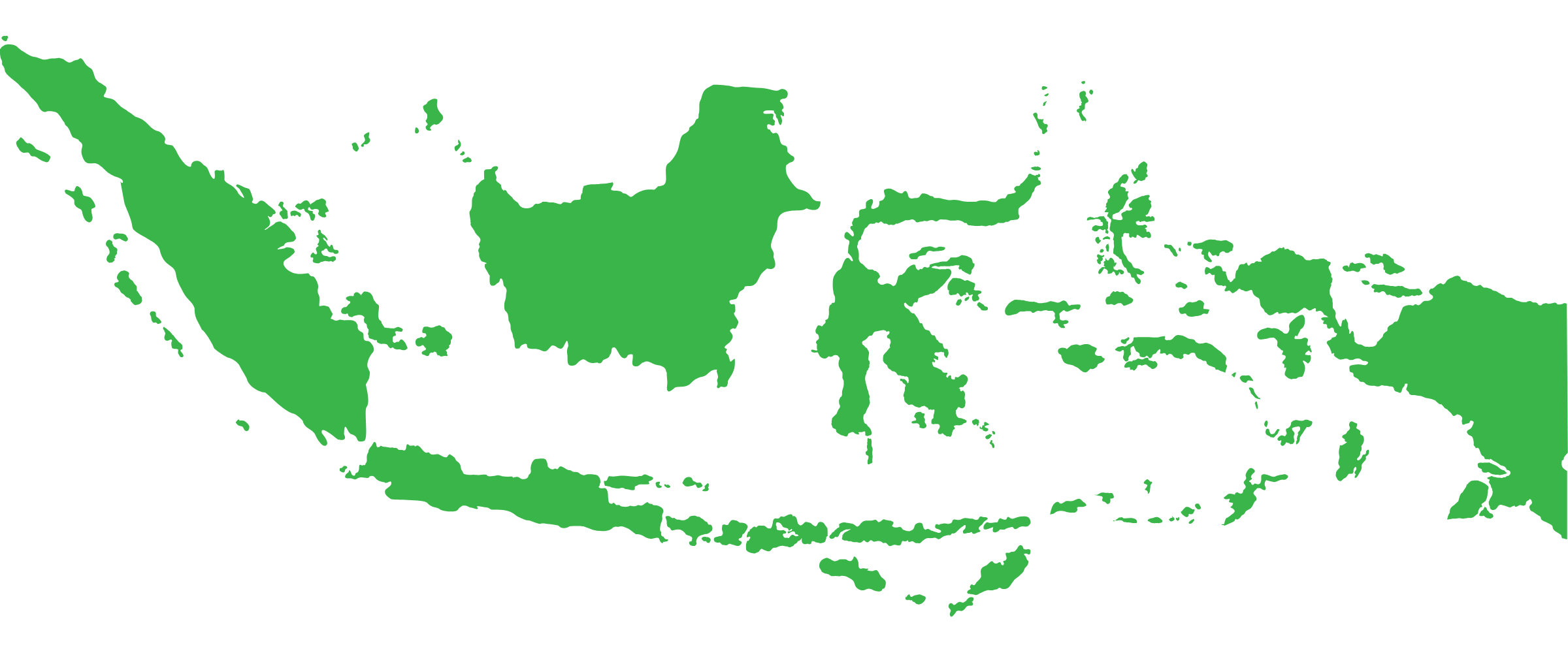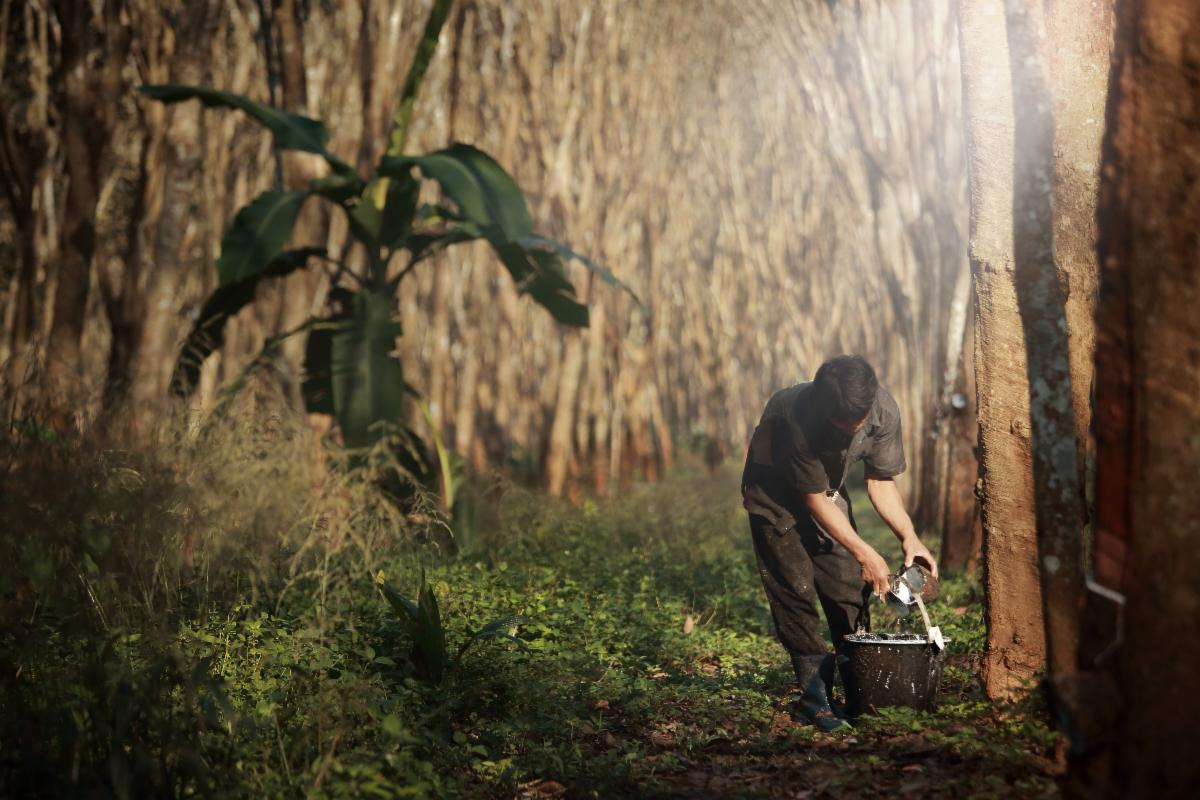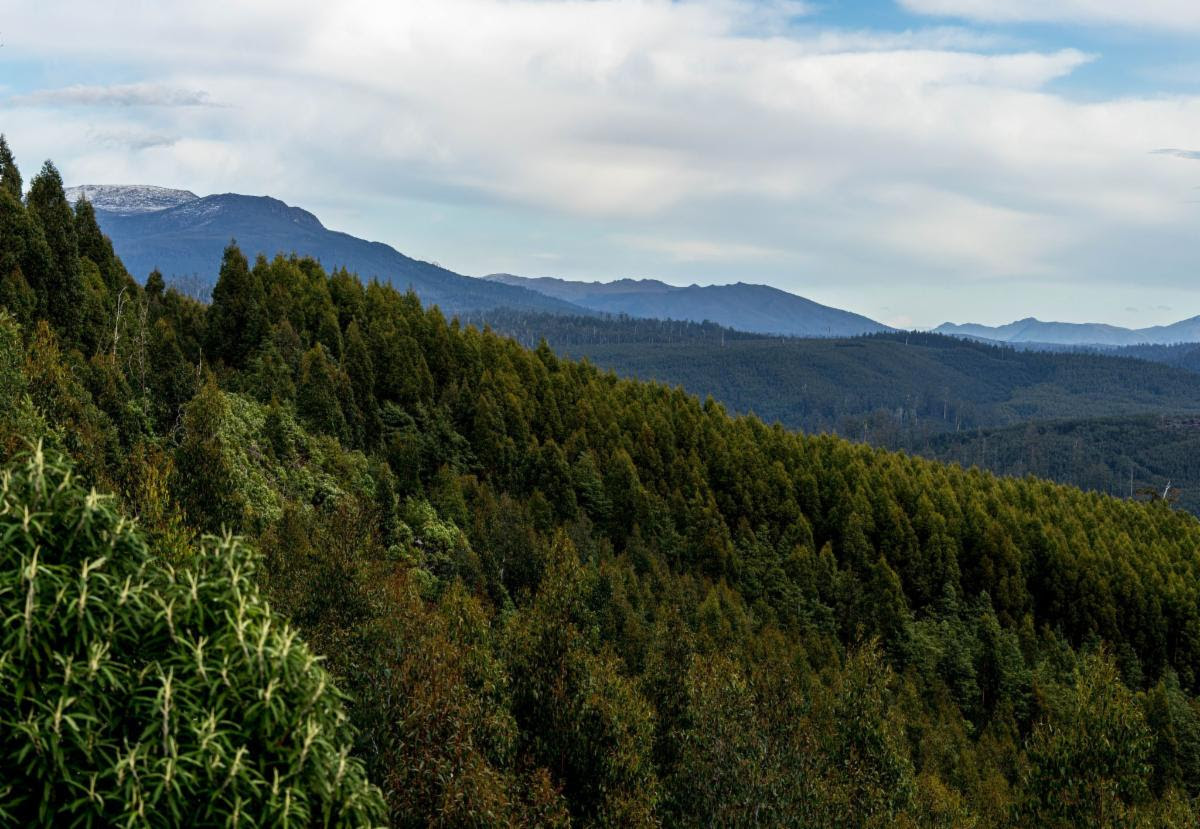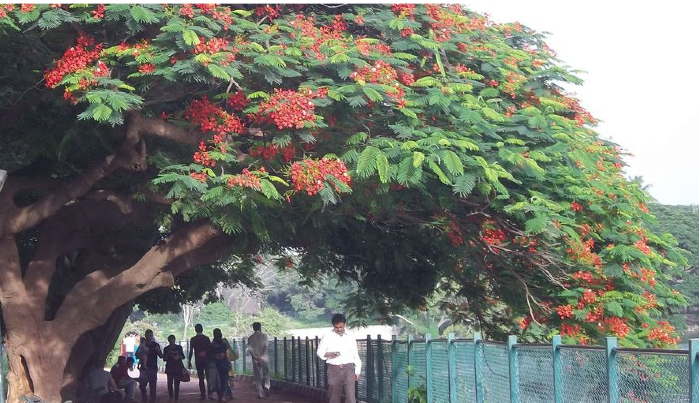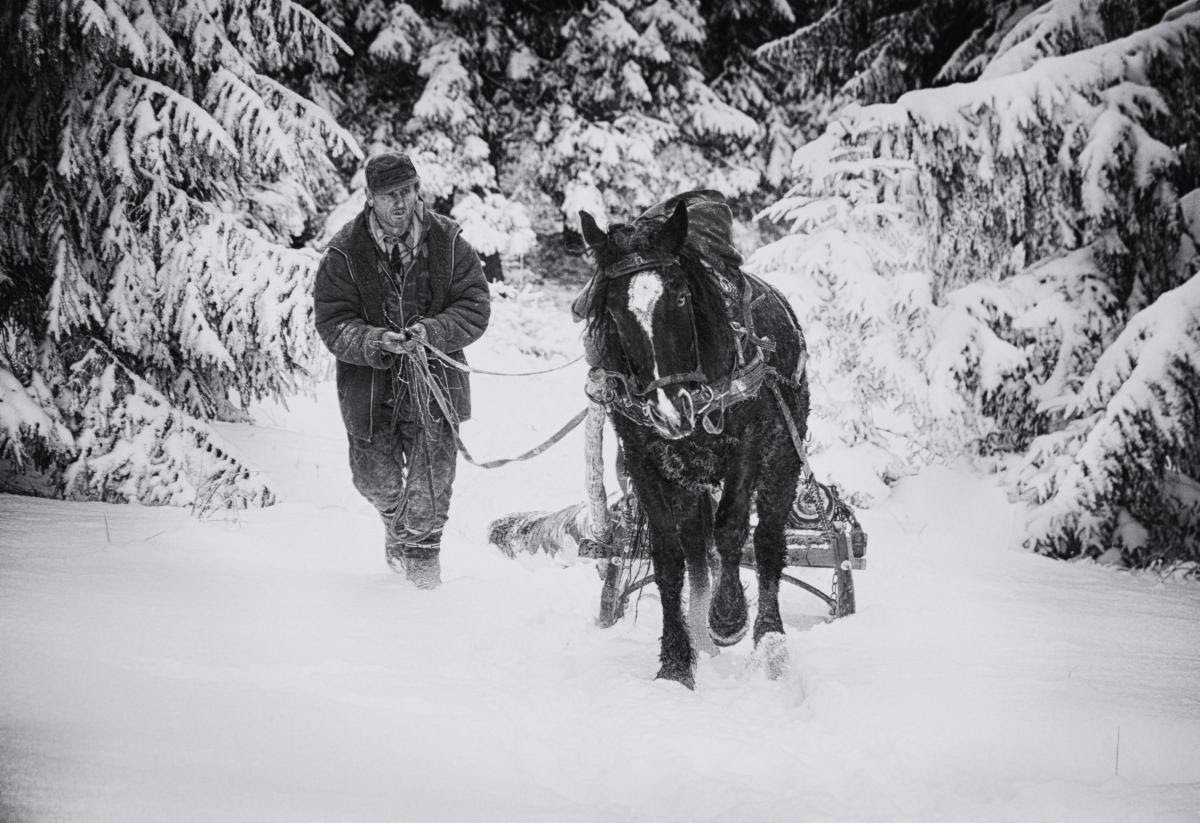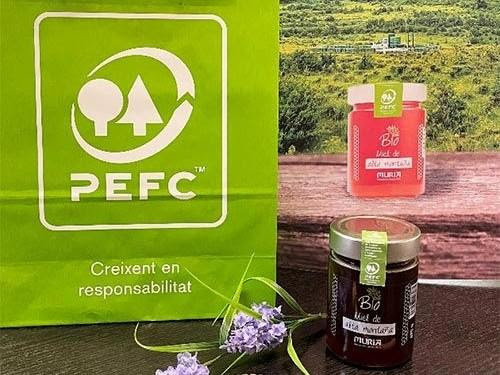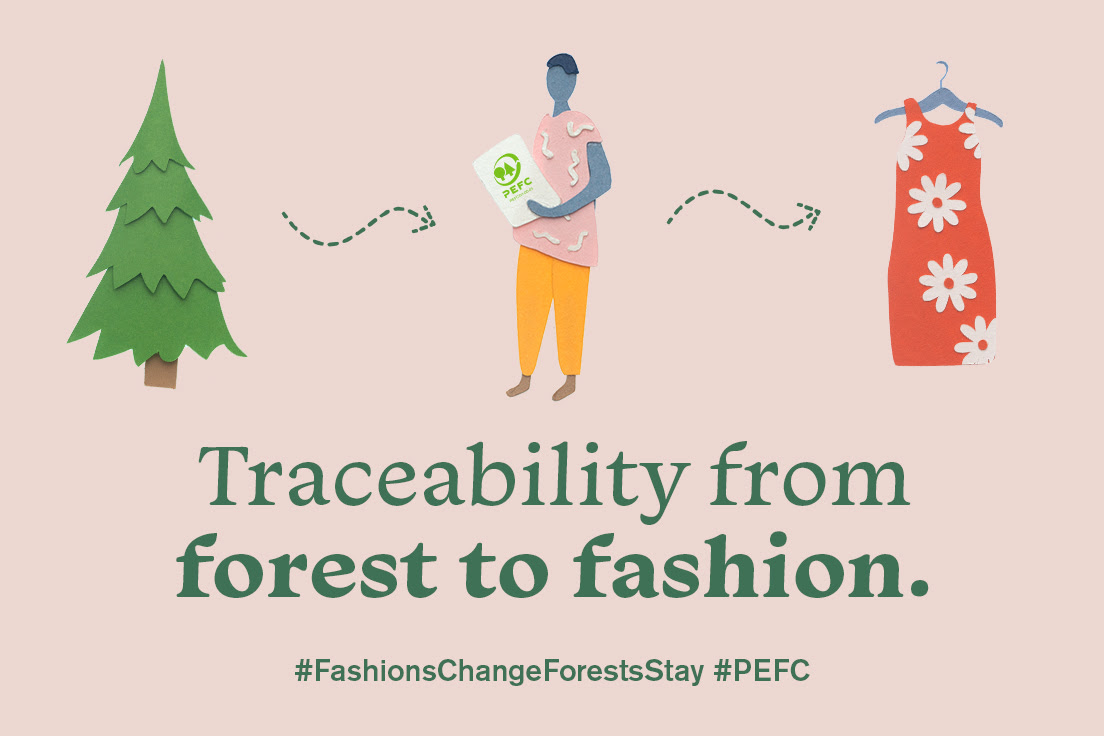Impact Evaluation for PEFC's UN-REDD Sustainable Forest Trade Initiative in Lower Mekong
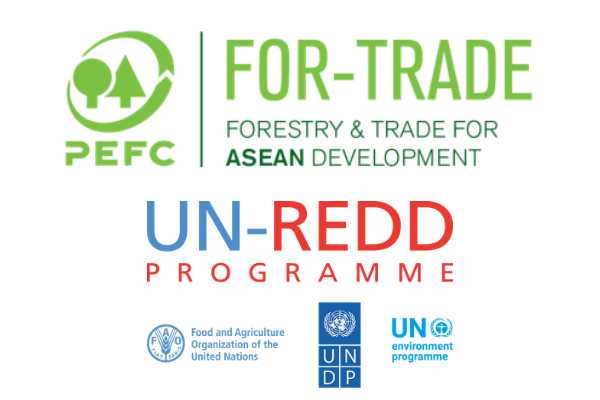
Individuals, organisations or consortia are invited to submit proposals to conduct an impact evaluation of the effectiveness of the PEFC’s activities within the broader UN-REDD Initiative “Sustainable Forest Trade in the Lower Mekong Region (SFT LMR)” before 4 March 2022. The aim of the project, which started a year ago, is to promote trade and sustainable forest management (SFM) through improved governance in Cambodia, Lao PDR, Myanmar, Thailand and Vietnam. The initiative is funded by the Government of Norway and is implemented by FAO and UNEP. PEFC has built on the framework of its For-Trade initiative that is aimed at sustainable forestry and trade for development in ASEAN. Read all about it.
Love Paper with Real Media, Two Sides & Responsible Wood

Responsible Wood, which manages the PEFC certification system in Australia and New Zealand, is partnering with The Real Media Collective (TRMC) and Two Sides, to promote the environmental credentials of paper and print products across Australia and New Zealand. Announced late last year, the Two Sides campaign is being extended in 2022 to a consumer campaign – Love Paper. The Real Media Collective is a not-for-profit industry association representing media channels that deliver results. Member companies represent paper, print, publishing, mail, letterbox and distribution across Australia and New Zealand. The paper industry depends on and promotes sustainable forest management to provide a reliable supply of wood fibre, the key raw material for its products. Read More
Controlled Source Rubberwood For High Value Flooring
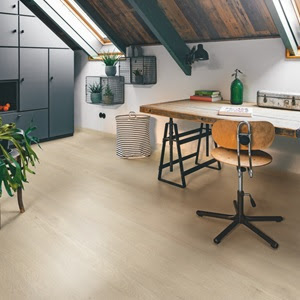
Unilin Group is among the first movers taking a step to improve the sustainability of the rubber value chain by using rubberwood for its high value flooring. We hear from Jens Van Rompaey, General Manager of Unilin Flooring Wood Division, who explains why using certified timber is vital in today’s world, and why Unilin chose PEFC certification. "We are currently sourcing “controlled sources” rubberwood in Malaysia and Southern Thailand. But our aim is to source 95% certified sustainable rubberwood by 2027. We maximise the use of thinned wood, which is wood that needs to be harvested to keep forests healthy – such as small or bent trees that could hinder the growth of other trees – but is perfectly suitable for flooring. By using wood from sustainably managed forests, we’re sure our wood sourcing doesn’t contribute to deforestation." There's more.
Future Proofing Sarawak Forestry through Sustainability
“Future-Proofing Sarawak Forestry through Sustainability”. This webinar aims to bring together all relevant forestry stakeholders to review and analyse key challenges facing the sector and ways to address these. Control Union (CU), a global leader in forest certification will be hosting the webinar in collaboration with the Forest Department Sarawak, FSC Malaysia, Malaysian Timber Certification Council (MTCC), WWF-Malaysia and Malaysia HR Forum on 15 February 2022. Ms. Siti Syaliza Mustapha, Chief Executive Officer, MTCC, is a key webinar speaker.Read more and register here.
Case Study on Responsible Investment in Rubber in Vietnam
This case study, produced by the ASEAN Guidelines on Responsible Investment in Food, Agriculture and Forestry (ASEAN Rai), outlines the journey of Binh Long Rubber Company Ltd (BRC) in their adoption and implementation of the sustainable rubber development plan from their parent company, Viet Nam Rubber Group (VRG). Viet Nam is one of the world’s top producers of natural rubber and accounts for 9.4% of natural ruer production in the world. More than 50% of rubber plantations in Viet Nam are managed by smallholder farmers and it continues to affect the livelihoods and social development in rural communities. See the You Tube video.
Responsible Wood Welcomes MET Funding in Australia
Australia aims to cut construction-related greenhouse gas emissions by making A$300m available in debt financing to encourage the use of mass engineered timber (MET) on big construction projects. The money comes from state investor, the Clean Finance Investment Corporation (CEFC), which calculated that using engineered wood could cut buildings’ embodied carbon by up to 75% compared to the use of conventional steel and concrete. Responsible Wood welcomes this move as most engineered wood-products are certified under PEFC, the world’s largest forest certification scheme. Licensed by Standards Australia, the organisation is accredited to develop, implement, and enforce two standards which underpin PEFC certification in Australia: AS / NZS 4708, and AS 4707. Read More.
Malaysia Forest Photography Winner a Global Finalist


